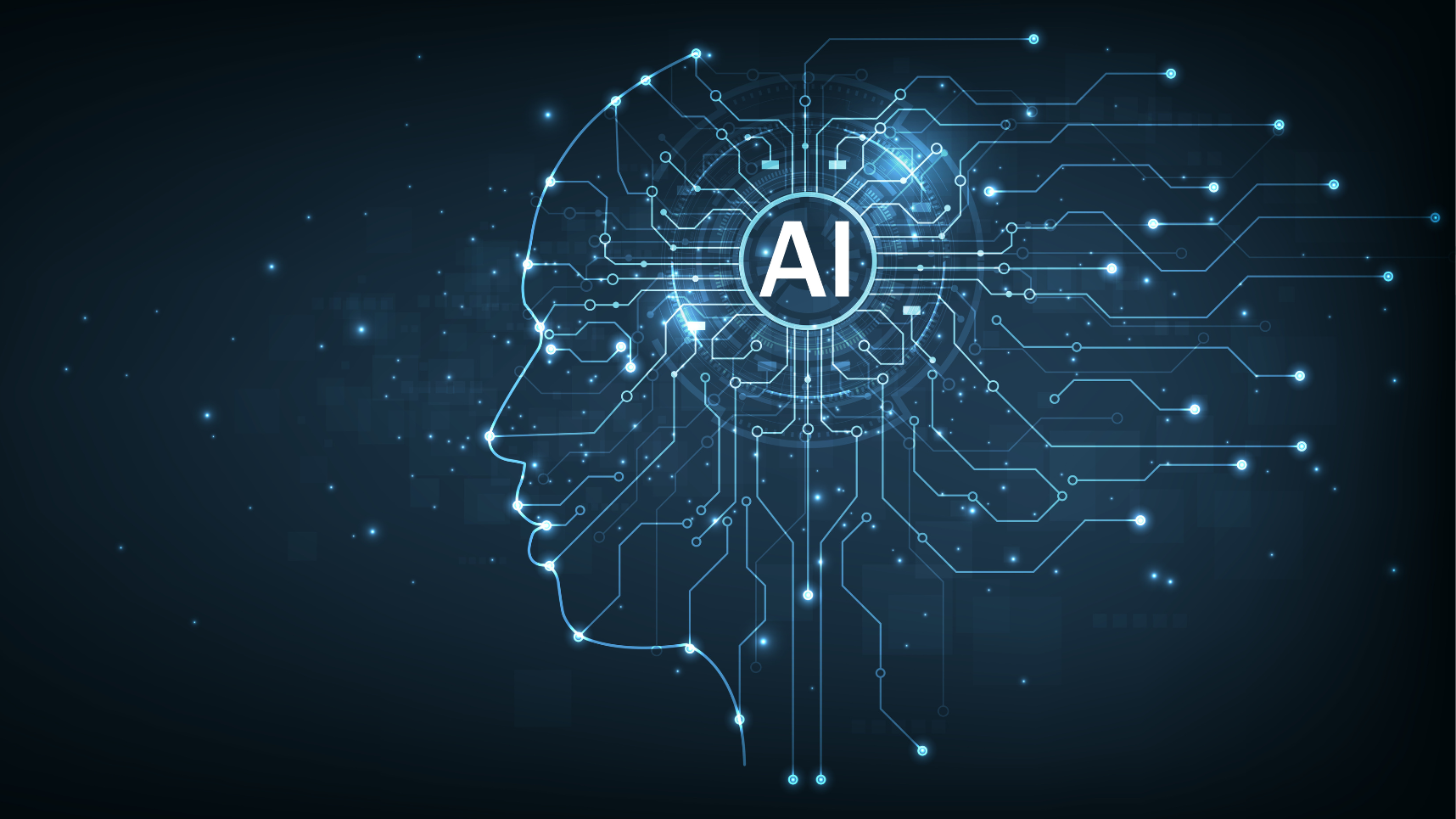Tech firms led crypto’s hiring rebound, adding over 12,000 roles since late 2022, according to A16z’s State of Crypto 2025. Finance and consulting contributed 6,000, offsetting talent pulled into AI after ChatGPT’s debut. Net, crypto gained 1,000 positions as workers rotated in from tech, fintech, and education.
The recovery tracks a market turn: crypto capitalisation topping US$4T and new Bitcoin highs. A friendlier US policy stance on stablecoins and digital-asset oversight buoyed sentiment. Institutions from JPMorgan to BlackRock and Fidelity widened offerings beyond pilots.
Hiring is diversifying beyond developers toward compliance, infrastructure, and product. Firms are moving from proofs of concept to production systems with clearer revenue paths. Result: broader role mix and steadier talent pipelines.
A16z contrasts AI centralisation with crypto’s open ethos. OpenAI/Anthropic dominate AI-native revenue; big clouds hold most of the infrastructure share; NVIDIA leads GPUs. Crypto advocates pitch blockchains as a counterweight via verifiable compute and open rails.
Utility signals mature, too. Stablecoins settled around US$9T in 12 months, up 87% year over year. That’s over half of Visa’s annual volume and five times that of PayPal’s.
Would you like to learn more about AI, tech, and digital diplomacy? If so, ask our Diplo chatbot!










